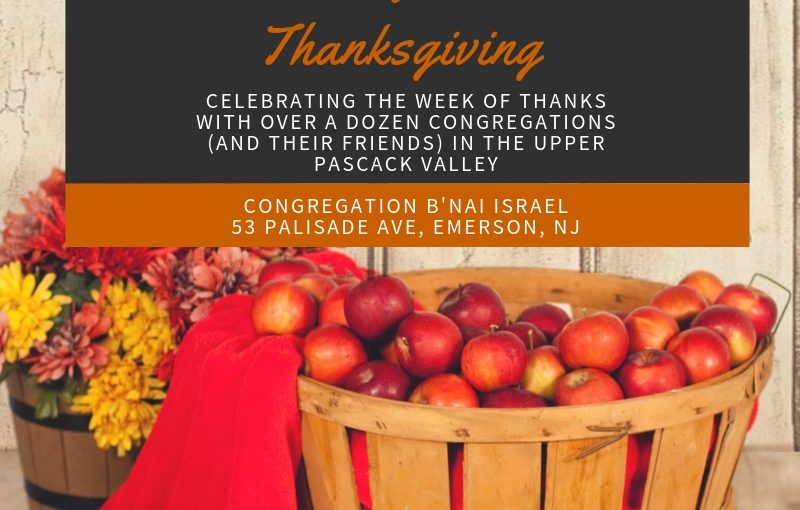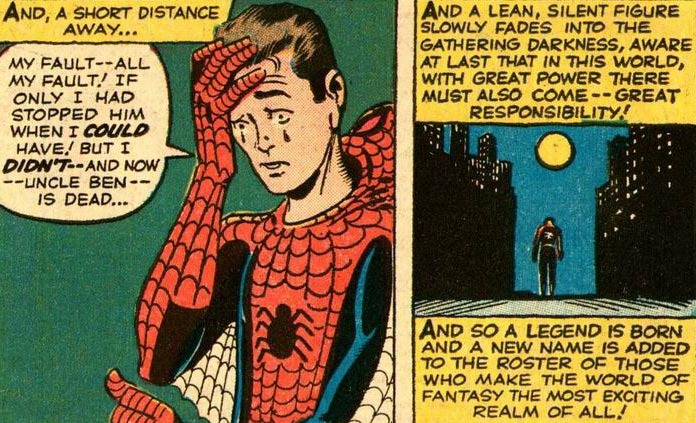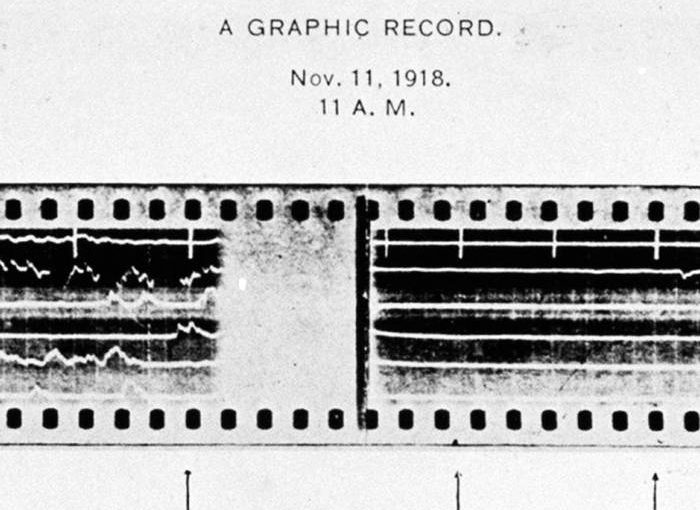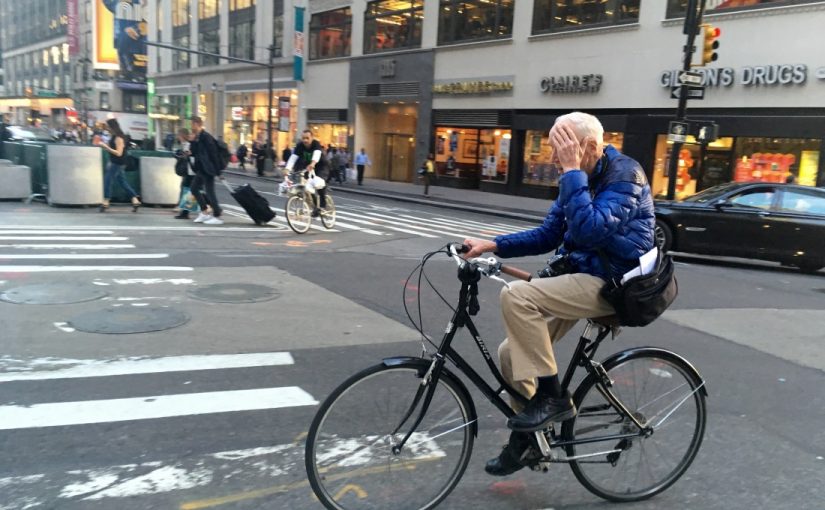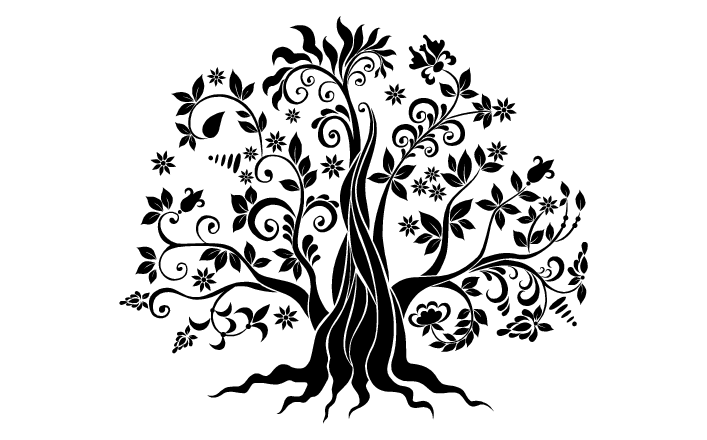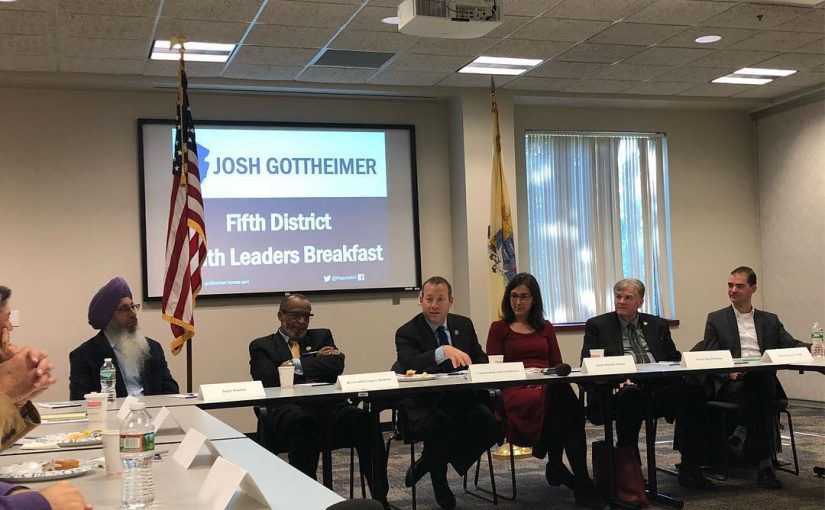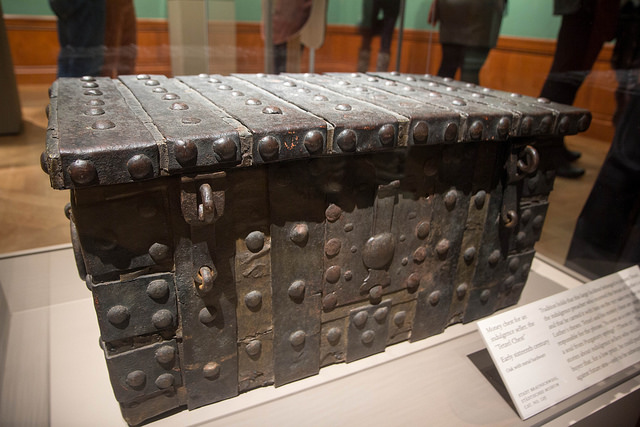Pastor Marc’s sermon for the 50th Annual Interfaith Thanksgiving Service (Upper Pascack Valley Clergy Council) hosted by Congregation B’nai Israel on November 18, 2018. Listen to the recording at the bottom of the page or read my manuscript below.
****************************
So I’m not sure how it happened but I, somehow, went through all of my formal education without really digging into the rules of English grammar. I never diagramed a sentence. I never memorized what a split infinitive was. And, to the chagrin of those who edit my newsletter articles, I love the Oxford comma. At first, I was fine with this lack of formal grammar education because, as a kid, I planned to grow up and become a paleontologist, or a computer programmer, or an engineer. I figured I could learn what I needed to know through a version of paper-and-pencil based osmosis, absorbing whatever it is I needed to know. But the Lord had other ideas. And I’m now in a career where using words is what I mostly do. Every day, there’s an important conversation about faith and life that becomes a vehicle through which we love our neighbor as ourselves. And there always another sermon to write, article to compose, and newsletter to create. These words end up being more than just a tool for communication. They are how we love, serve, forgive, welcome, and embody the faith that makes each of us exactly who we are supposed to be. For those of us who are able to write and speak, our words become containers of the sacred. And this sacred speech does something. Our words are how we build relationships with each other. Our speech is how we create opportunities for reconciliation and forgiveness. Our words can make someone’s day and, when misused, can cause unbelievable harm. I sort of wish I paid more attention in English class. But there’s at least one grammar rule that I, somehow, can still articulate. And that rule says we’re never to end a sentence with a preposition.
Now, a preposition is a word like with, by, for, in, or, to, and it’s used to express a relationship between a noun or a pronoun and some other element in a sentence. For example, in Deuteronomy 8, verse 3, it says: “God humbled you by letting you hunger, then by feeding you with manna…” That “with” is a preposition. I was taught to avoid ending any sentence with one of those kinds of words. But as I prepared for tonight’s message, I discovered that this so-called “rule” wasn’t really meant for English speakers. The grammarians who decided this took a rule for latin and dictated that English speakers should do the same thing. It’s a bit ironic that I ended up memorizing the one grammar rule that wasn’t really a rule to begin with. But it helped me stay connected to prepositions. And these kinds of our words, which contain the sacred, are especially important when we’re talking about thankfulness and gratitude.
Diana Butler Bass, in her book Grateful, pointed out that “gratitude…always comes with a preposition.” (page 97) “We are grateful for something, grateful to someone, and…grateful with others. Even [when our gratitude is] untargeted…prepositions [still] show up.” We might, for example, find ourselves completely alone on a deserted beach right before the dawn breaks. We listen to the waves gently crashing onto the shore. And then, as the sun rises, we witness the wispy clouds turn pink, orange, and red. Even though no one else is there, we still feel the need to, somehow, say thanks. Now, we sometimes define gratitude and thankfulness as rooted in a kind of exchange, where someone gives us something and we are indebted to them, in small and big ways. This kind of gratitude is built into our culture and it’s so embedded in us that we don’t realize how much this required reciprocity is part of the words we use and teach. I know my kids are a little tired of me always saying, “now what do you say?” after they’ve been given something. Yet gratitude doesn’t need to only be a transaction involving debts and debtors. Gratitude can also be structured through gifts and response. And when we shift our perspective away from looking at life as if it’s recorded on some kind of eternal balance sheet, we discover the gifts that already exist. We can see that “the universe [itself] is a gift. [That] life is a gift. Air, light, soil, water… friendship, love,…and [birth or chosen] family…[these are all] gifts. We live on a gifted planet.” (xxiv) And without these gifts, we wouldn’t even exist. Gratitude and thankfulness is rooted in these initial gifts. Each one of us, by merely existing, end up being a beneficiary in God’s world. And instead of only saying that this arrangement makes us indebted to God, we can choose to “express our appreciation for [these gifts] by … [giving all sorts of gifts – those that are large and small] … to others” (xxv)
When we center our gratitude in gifts rather than in indebtness, the prepositions of thankfulness show us that when gifts are given, “connection comes alive.” (97) In the words of Diana Butler Bass, “when it comes to gratitude, ‘me’ always leads to ‘we’.” (97). When we are grateful for something, grateful to someone, and grateful with others – our gratitude creates community with all those things on the other side of the prepositions. And that community is grounded in every gift that the Eternal One has first given us. Now, in my Lutheran Christian tradition, everything begins with gifts. Our life is a gift. Our relationship to God is a gift. Jesus, we believe, is a gift. And even our faith, our ability to say who we are and whose we are, is a gift. In theory, we should be good at recognizing the gifts given to us. Yet using words to name our gifts isn’t always easy. One of the skills we need to learn is how to name all our gifts out loud. Because it’s a gift that we are here tonight, celebrating 50 years of interfaith partnership and support in the Pascack Valley. It’s a gift that we, together, can choose to love, care, and be with each other – even though there are forces in this world that want to tear us apart. It’s a gift that I, a Christian, was invited to say these words tonight even though the history of antisemitism in a twisted version of my faith has led to incredible horrors against the Jewish people – an evil that we will continue to denounce, fight against, and do whatever we can to remove. And finally, it’s a gift that every one of you is here and that we, together, will use our words to affirm our collective call to welcome, love, and stand with all. Because as faith-filled people living in Bergen County, we are a gift to each other. As we look forward to our next 50 years together, I don’t know what nouns and pronouns will be on the other side of our future gratitude prepositions. But I believe that our love for each other will grow as we continue to stand in solidarity with each other. And that we will be a welcoming, diverse, and inclusive community of communities, rooted in our eternal gifts, so that we can be grateful for, grateful to, and grateful with.
Amen.
Podcast: Play in new window | Download
